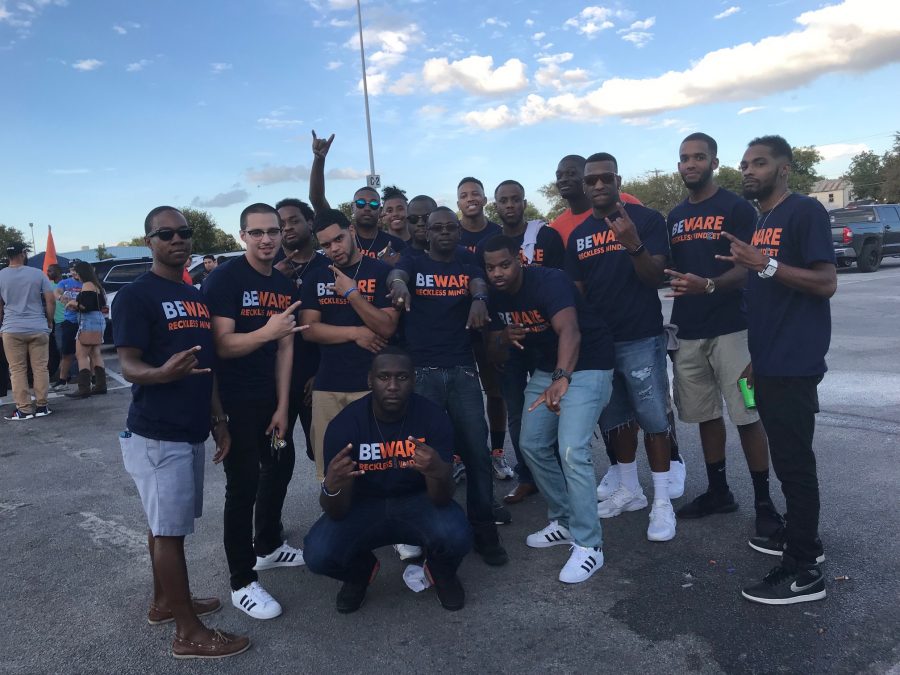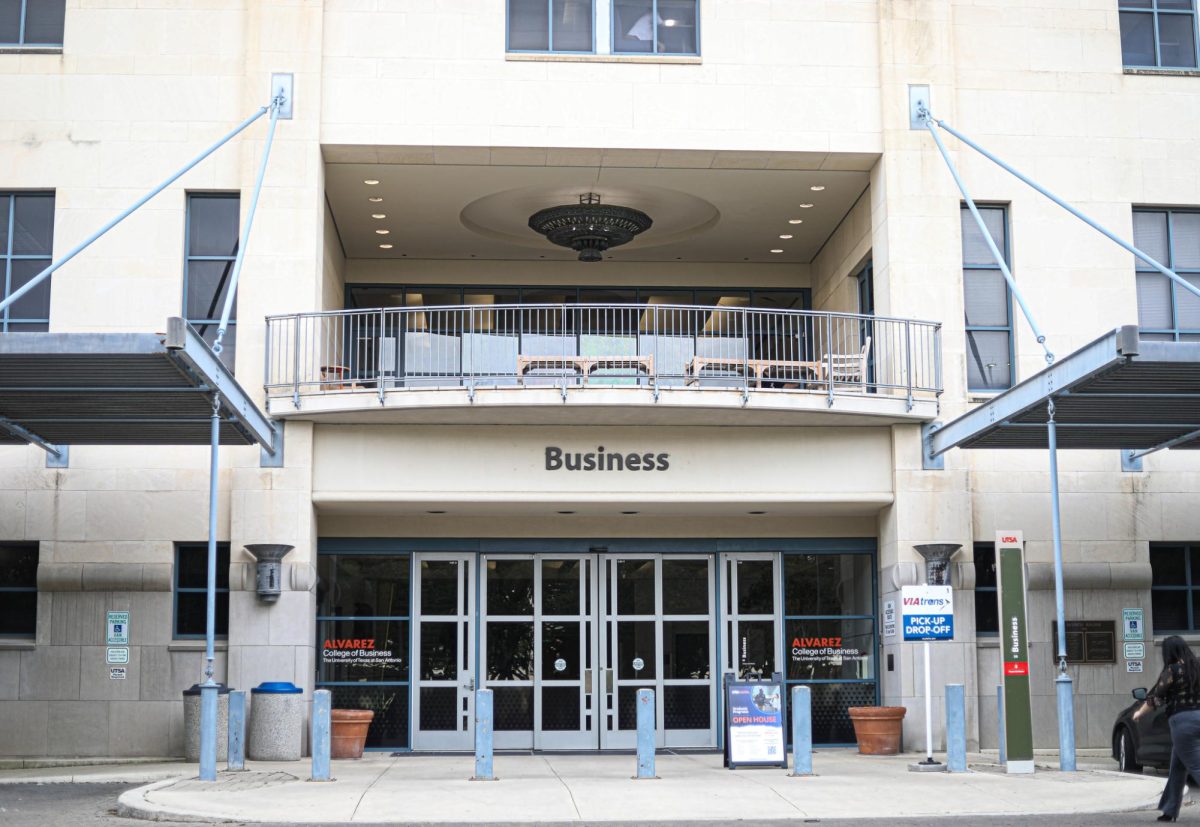During Black History Month, UTSA will host a panel for Black History Month discussing the importance of black fraternities’ and sororities’ history and importance.
Organized by Karla Broadus, UTSA director of African American studies and senior lecturer in the interdisciplinary learning and teaching department, this event will host a panel of black professionals who found their experience in these fraternities and sororities to be beneficial.
“I feel there’s some rich history that is not being explored or understood. So, I came up with as many chapters of fraternities and sororities that I could get to talk about their chapters and their history,” Broadus said. “Too often we think of fraternities and sororities as only doing step shows and partying, but we don’t understand the purpose behind all of them, and how they started and where they started. So, I thought we needed to encompass that in our history.”
Broadus believes people are unaware of the community service and resources made available by fraternities and sororities.
“The forefront of these fraternities and sororities is community service,” Broadus said.
“Community service is usually not even paid attention to when it comes to these groups.
“Also, nobody highlights the scholarship opportunity: how many black students have been able to go to college because of all these organizations over the years that have existed? Each one of these organizations are giving away thousands of scholarships.”
Broadus also said she created this event so people of color can know that there are many successful black professionals.
“There are thousands of educated people with degrees that look like us—people of color. There are more than anybody could count,” Broadus said.
“I want people to understand that there are a bunch of professional black people out there, and nobody’s paying attention to all those educated people.
“One of the state reps from Dallas came and he said, ‘San Antonio has more educated blacks than almost any place.’”
Broadus is not trying to encourage students to join fraternities or sororities, but she wants to make inform students about the resources available to them. Broadus designed the event to make students aware of the history of these organizations and not be distracted by the stereotype of the “party group.”
According to Broadus, these groups are more than the stereotype of the “party group,” they represent a group of people students can count on and a group that will push those students to the next level.
Speakers will include several historians and organization officers from the fraternities and sororities represented. One of the speakers, Cassandra Carter, said she will discuss the impact her organization made in her life and the lives of others.
“We will discuss our organizations and the impact they have made on history. It is important to come together to discuss our history and the history of our organizations. It is important for African American students to know why fraternities and sororities were formed and how they have evolved to where they are today. It is a hope that attendees will walk away with a better understanding of the role Greek letter organizations play in the community.”
Another speaker, Jamal Hasty, UTSA alumnus and vice chairman of membership selection process for the southwest region of Omega Psi Phi fraternities, said he wants to discuss the importance of fraternities and sororities participating in community service. Hasty believes it is important for students to attend events such as the Black History Month panel to find the organization that best suits each student’s needs.
“I would love it if the audience walked away knowing that fraternities and sororities are not just all about parties, that most organizations and chapters are about taking care of the business side of their organization and putting on educational events for their campus,” Hasty said.
Black History Month was originally called “Achievement Week,” a program started by Carter G. Woodson, a member of the Omega Psi Phi fraternity in the 1920s.
The discussion is set to take place at the Mesquite room—SU 2.01.24 on Feb. 20. For more information, students can view the event details on UTSA’s main campus events calendar.












